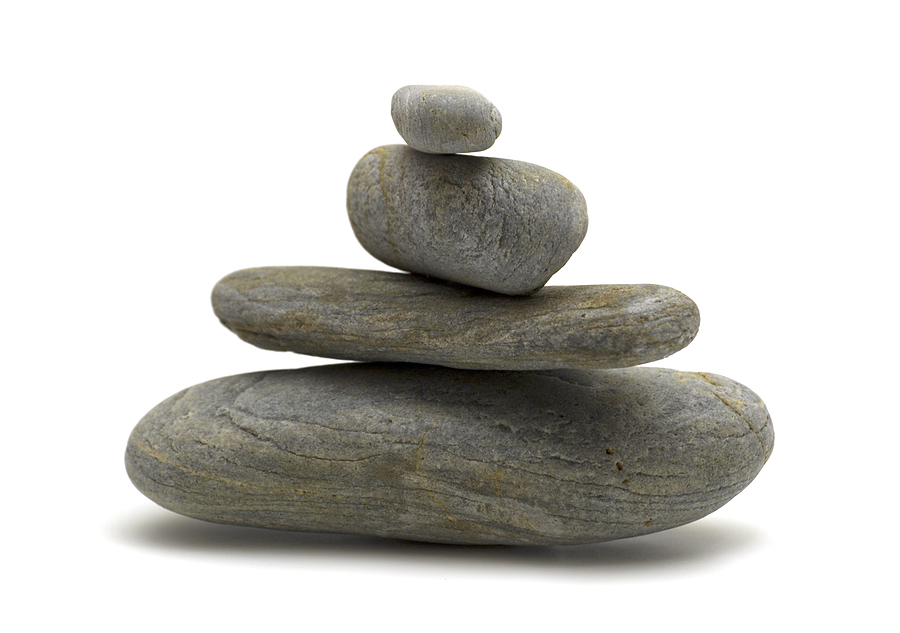As you read this, are you feeling physically stable, steady, and like you’re on solid footing? Whether the answer is “Yes” or “No,” your sensation of balance was determined in a split second. Your brain took incoming signals from your eyes, ears, muscles, joints, and skin and then used that input to determine where your body was located in three-dimensional space. Now that it knows that, it will continuously make adjustments so that you can maintain or regain balance.
The bad news is that although balance problems can impact people of any age, they become more common as we get older. Issues with balance can be caused by:
Some medications. Check with your provider if you suspect medication may be contributing to balance issues. It may be possible to change your prescription.
Inner ear problems. If part of your inner ear becomes inflamed due to disease or infection, it can cause dizziness and imbalance.
Alcohol and drugs. These can cause you to feel woozy, lightheaded, and unsteady.
Other medical conditions. Diabetes, heart disease, stroke, or problems with vision, the thyroid, nerves, or blood vessels can all cause dizziness and issues with balance.
The good news is that there’s lots we can do to prevent or improve balance issues. These seven simple tips can help you to be steadier on your feet:
- Exercise can help people of all ages to have better balance. Exercise improves strength, flexibility, mobility, stability, reaction time, posture, coordination, endurance, and confidence. These are all vital components of being strong and steady. Pay special attention to the strength of your core—the muscles all the way around your midsection. They’re important for the stabilization of your whole body. Talk with your doctor before beginning a new exercise routine, and remember—it’s never too late to get started.
- Balance problems due to high blood pressure can be managed by eating less salt (sodium), maintaining a healthy weight, exercising, and, if necessary, taking medication. If your blood pressure is too low, balance problems can be helped by staying well hydrated, avoiding alcohol, and standing up slowly.
- Check your surroundings for fall hazards. Remove rugs, electrical cords, clutter, or other things that could cause you to trip. Put grab bars next to showers and toilets, and handrails on both sides of stairs.
- Choose footwear with grip. Avoid smooth-soled, slippery shoes, high heels, and walking in socks.
- Be careful about walking in the dark. It can be disorienting and make it difficult to see trip hazards. Use nightlights or a flashlight to light your path.
- Attend to vision and hearing problems and get them corrected as soon as possible. To make the calculations that are necessary to keep you upright, your brain depends on accurate input from your eyes and ears.
- Get enough sleep. Sleep deprivation does more than make you feel tired. It can also impair your sense of balance.
Feeling wobbly happens to everyone occasionally, but if it’s occurring frequently, you might have a balance problem. Ask yourself:
- Do I feel unsteady or like I’m about to fall?
- Do I sometimes actually fall?
- Do I feel dizzy or like the room is spinning around me?
- Do I feel as if I’m moving when I know I’m standing or sitting still?
- Does my vision become blurred?
If you answer “yes” to any of these questions, it may be time to take action. Ongoing balance problems can impact how well you’re able to do your ordinary day-to-day activities. They can also affect your relationships, work performance, recreation, and even whether it’s safe for you to drive or not. If you’re having trouble with your balance, talk to your doctor. They can help you determine the cause of balance issues, work toward a solution, and to brainstorm ways to minimize their impacts.




